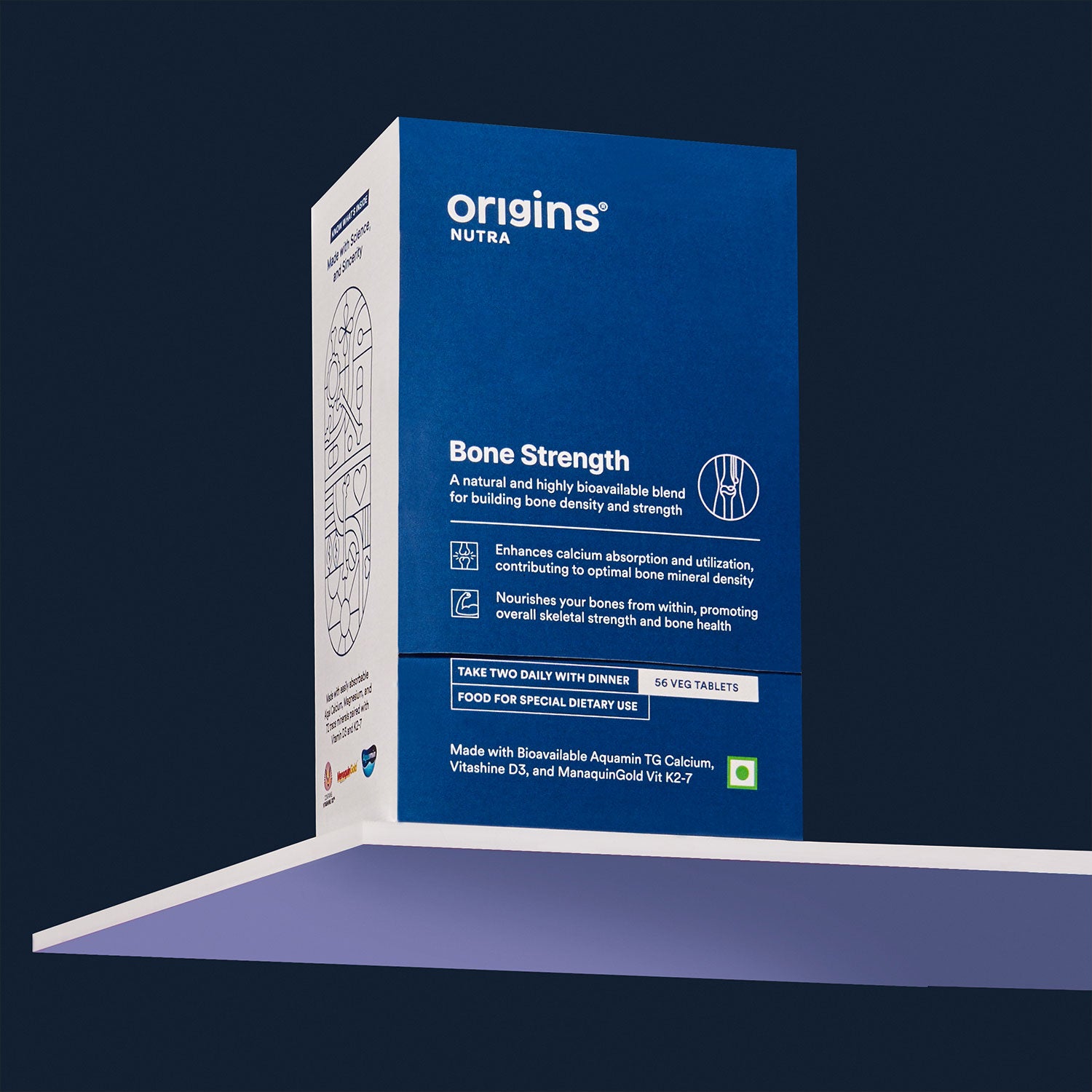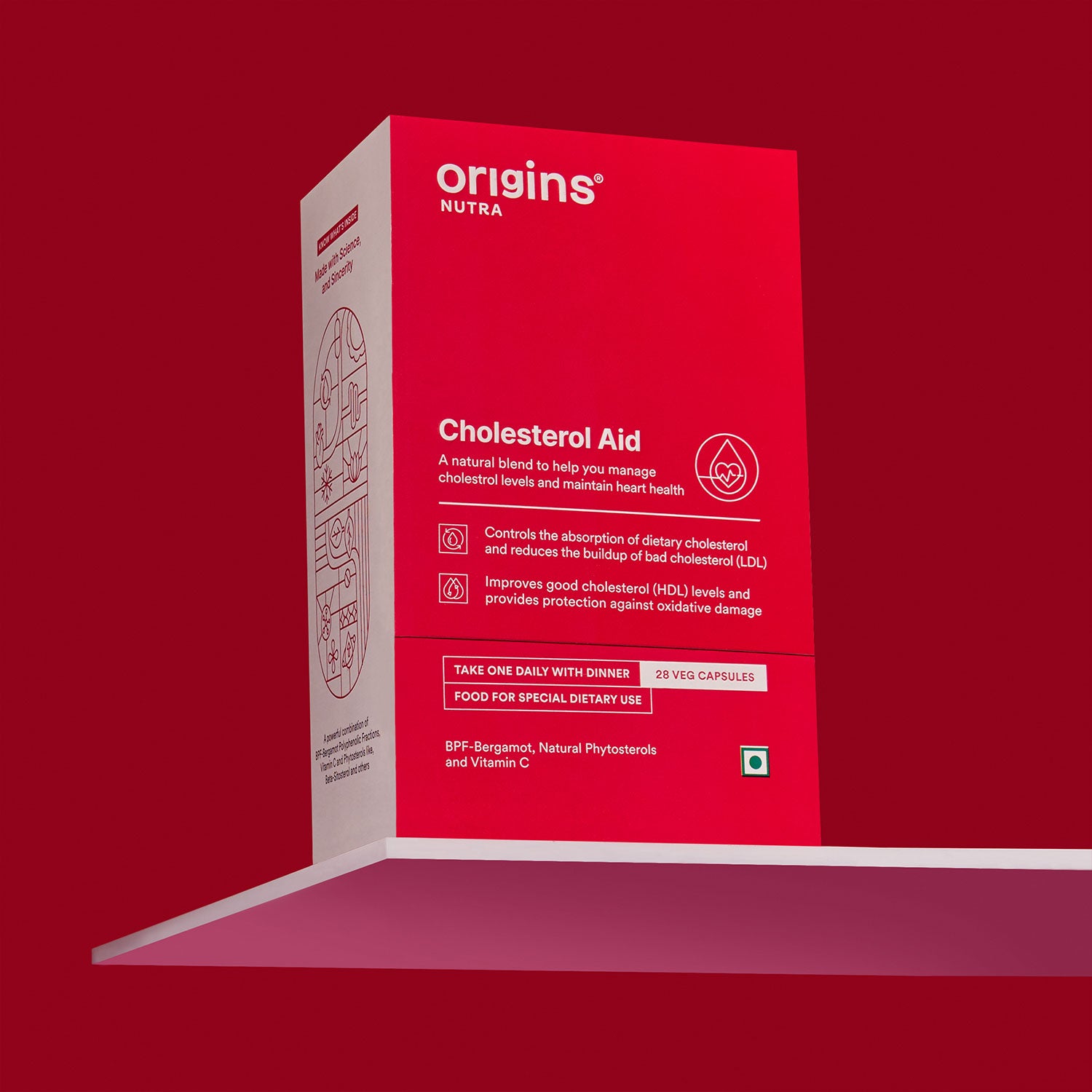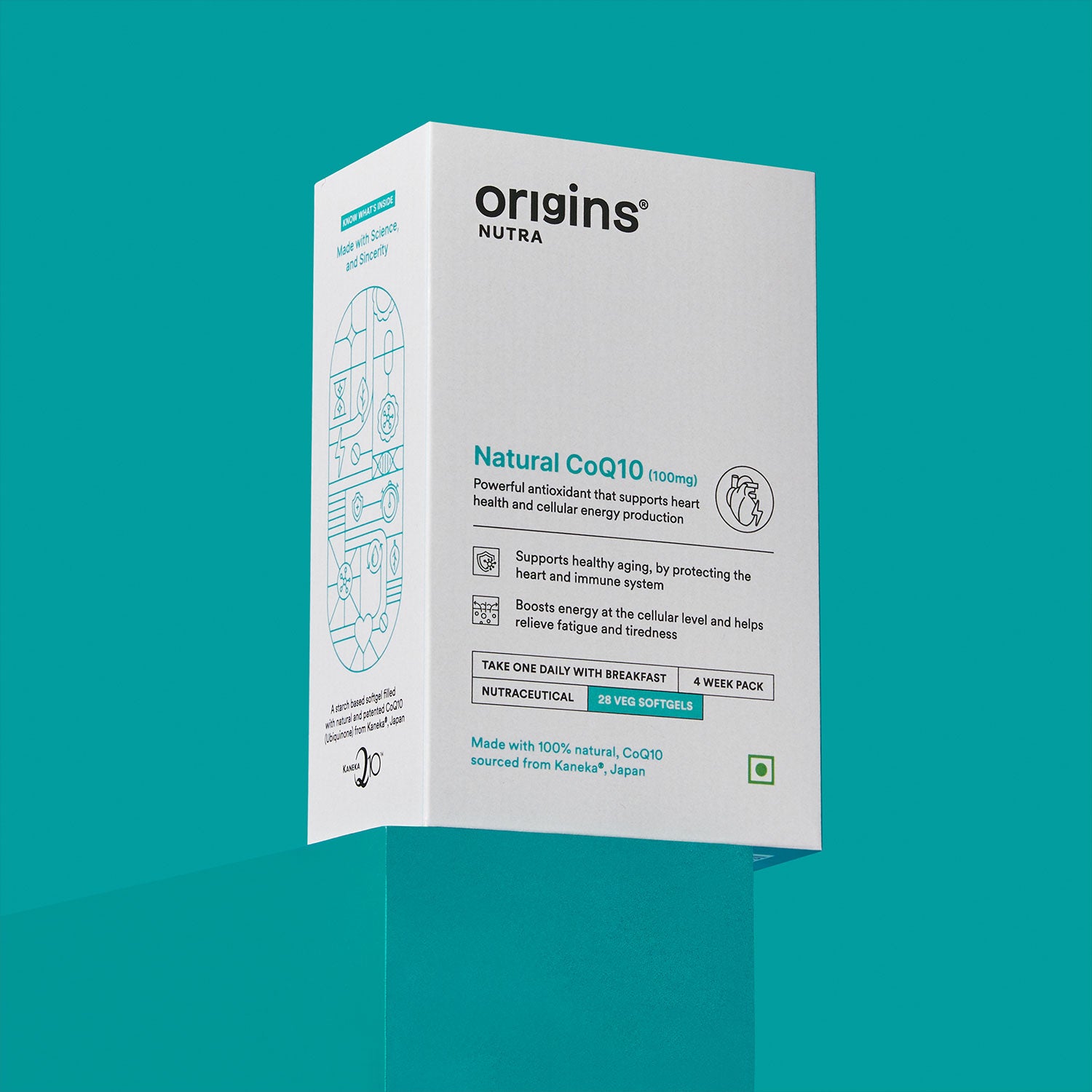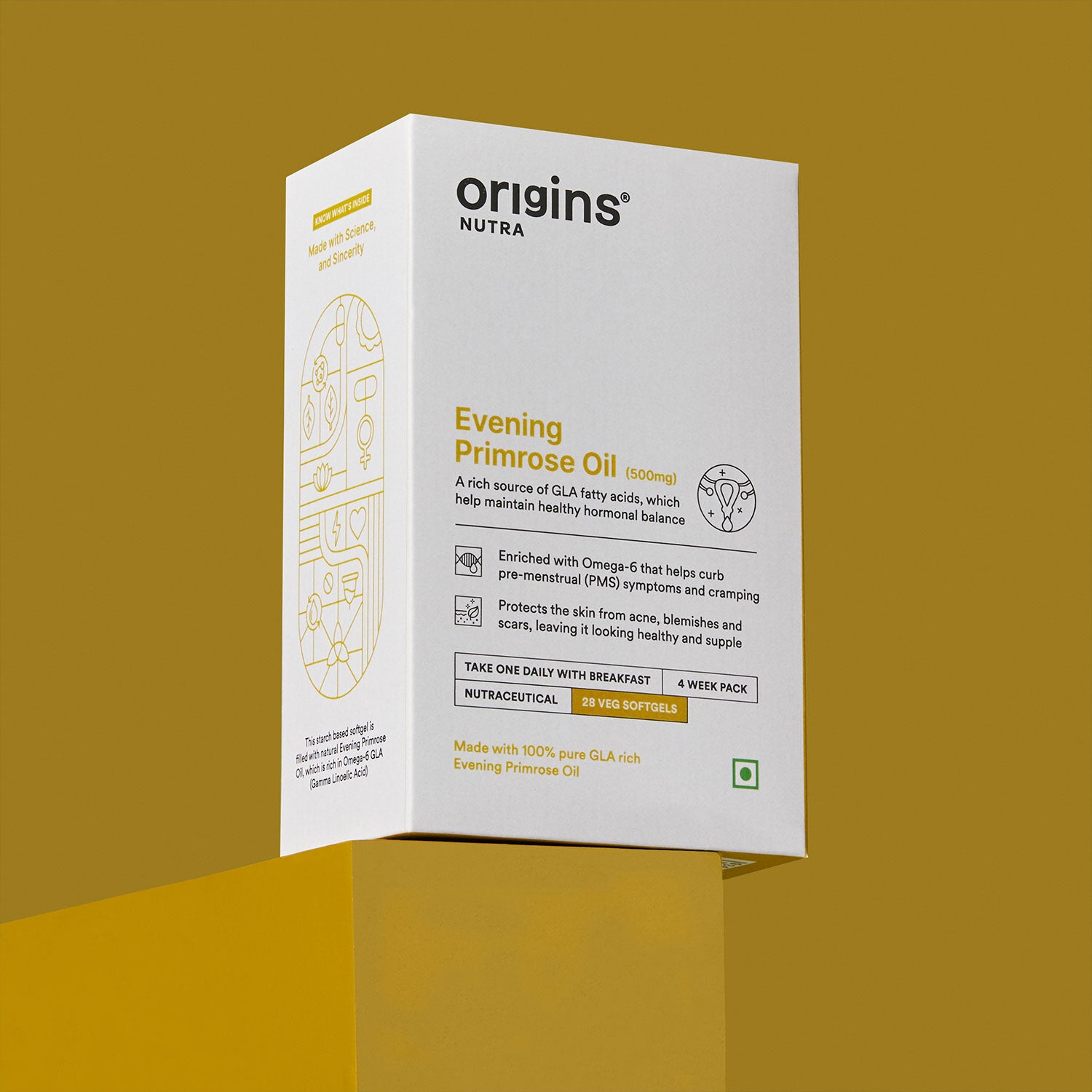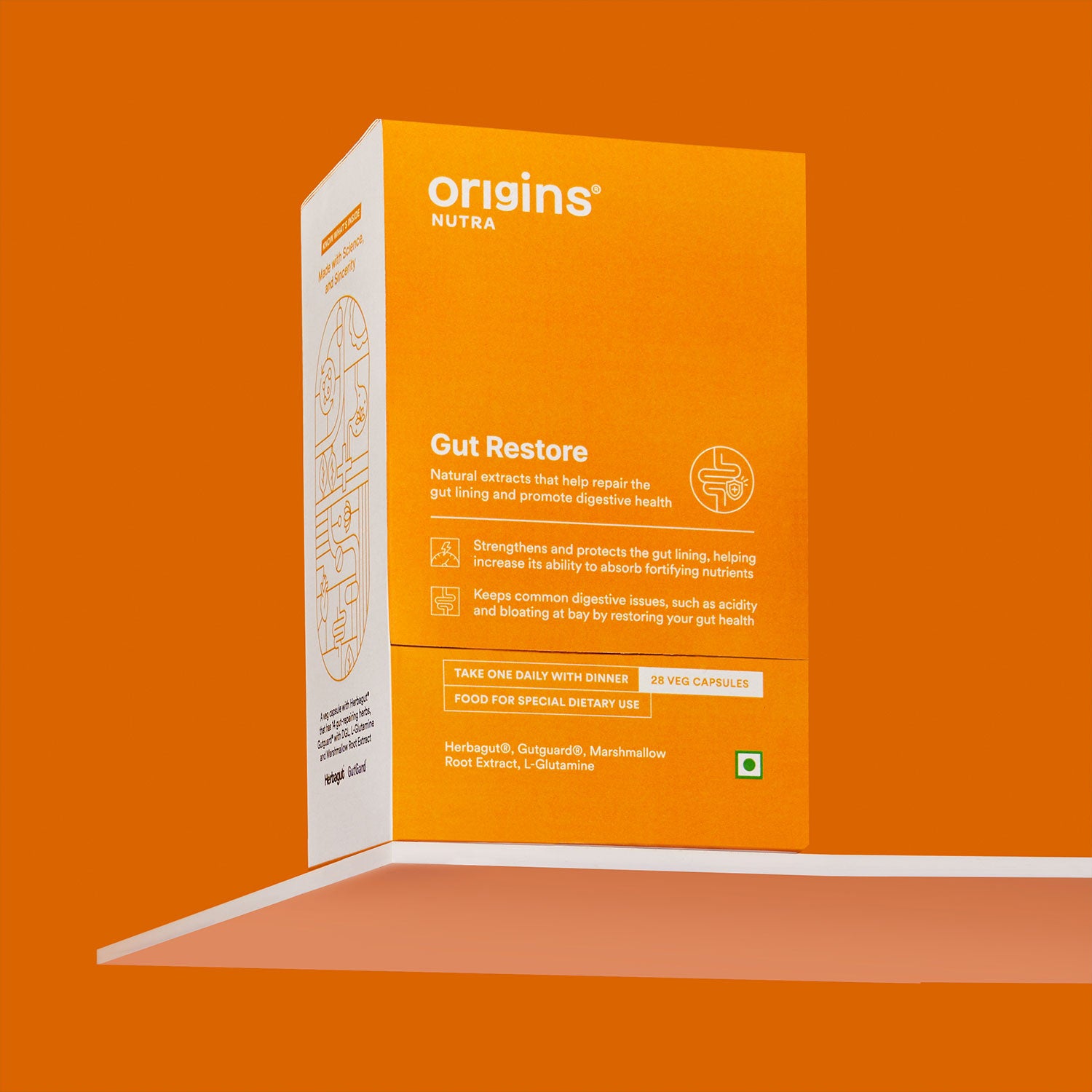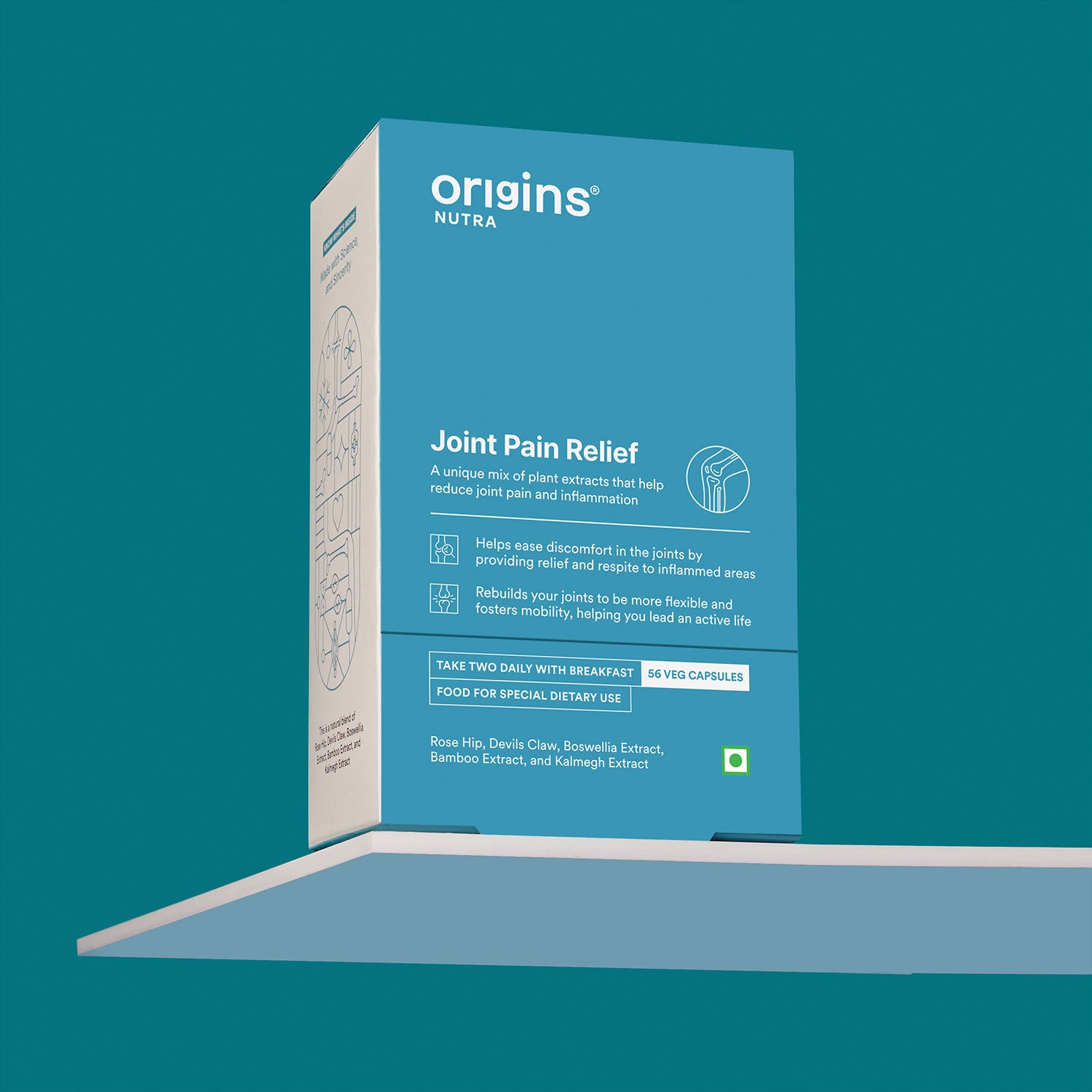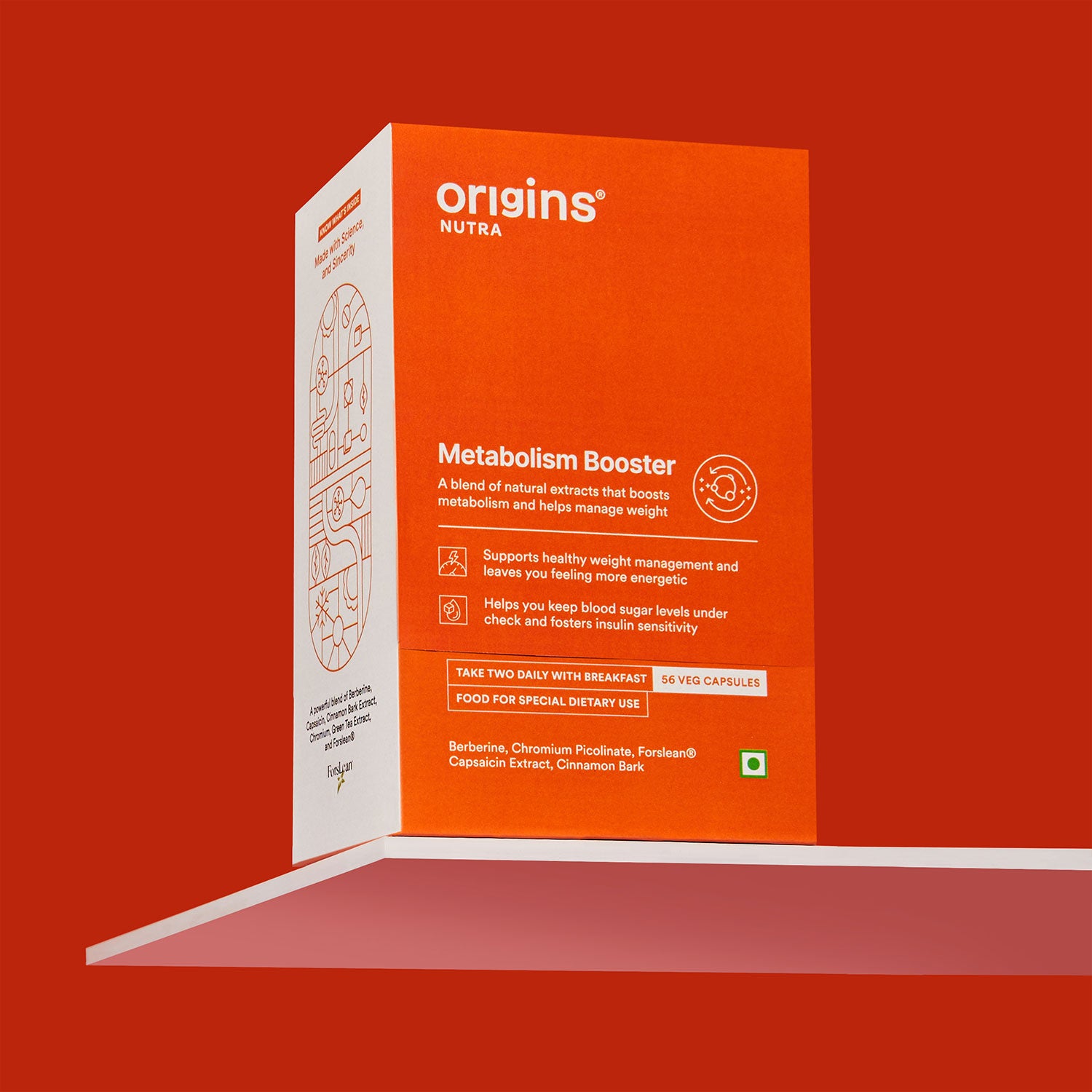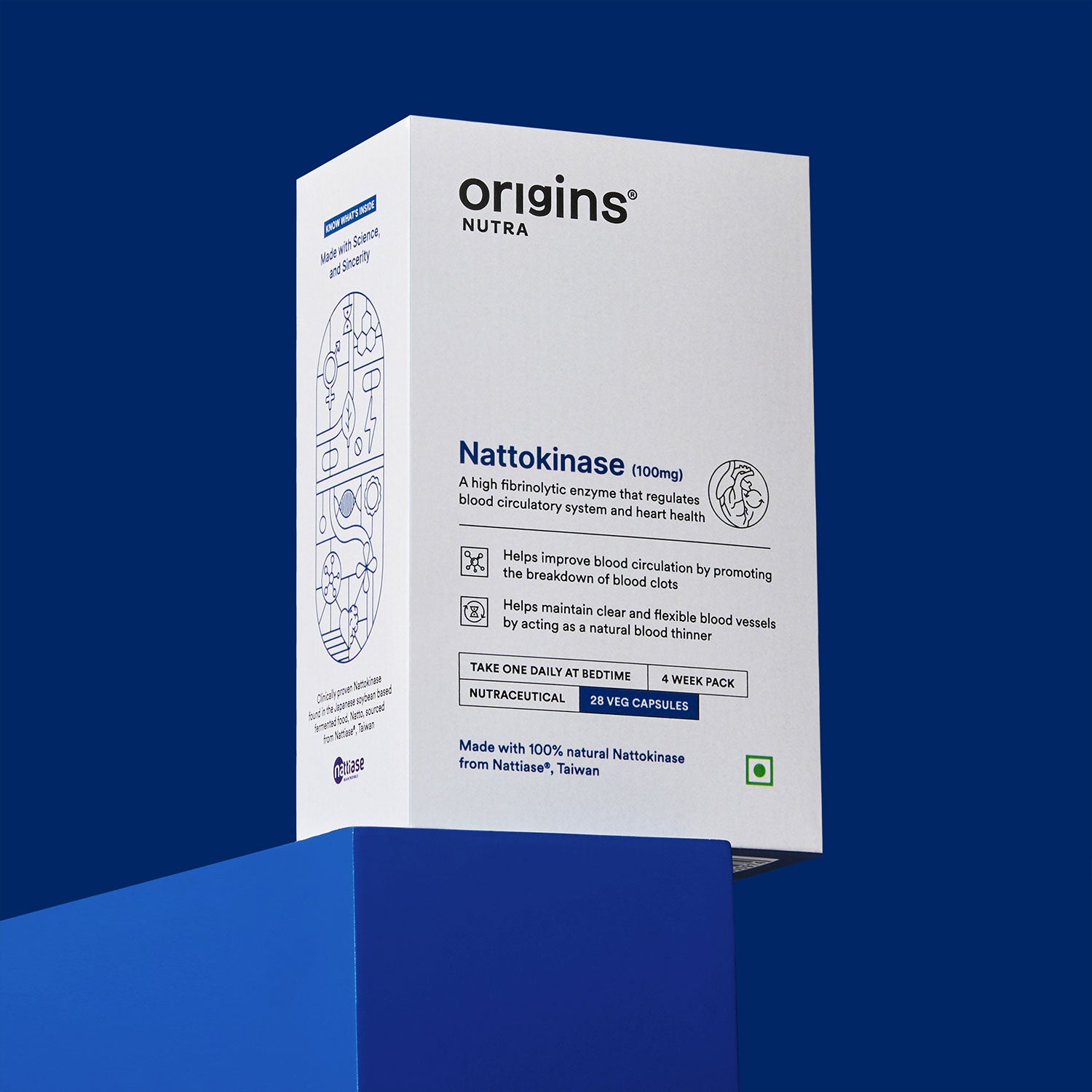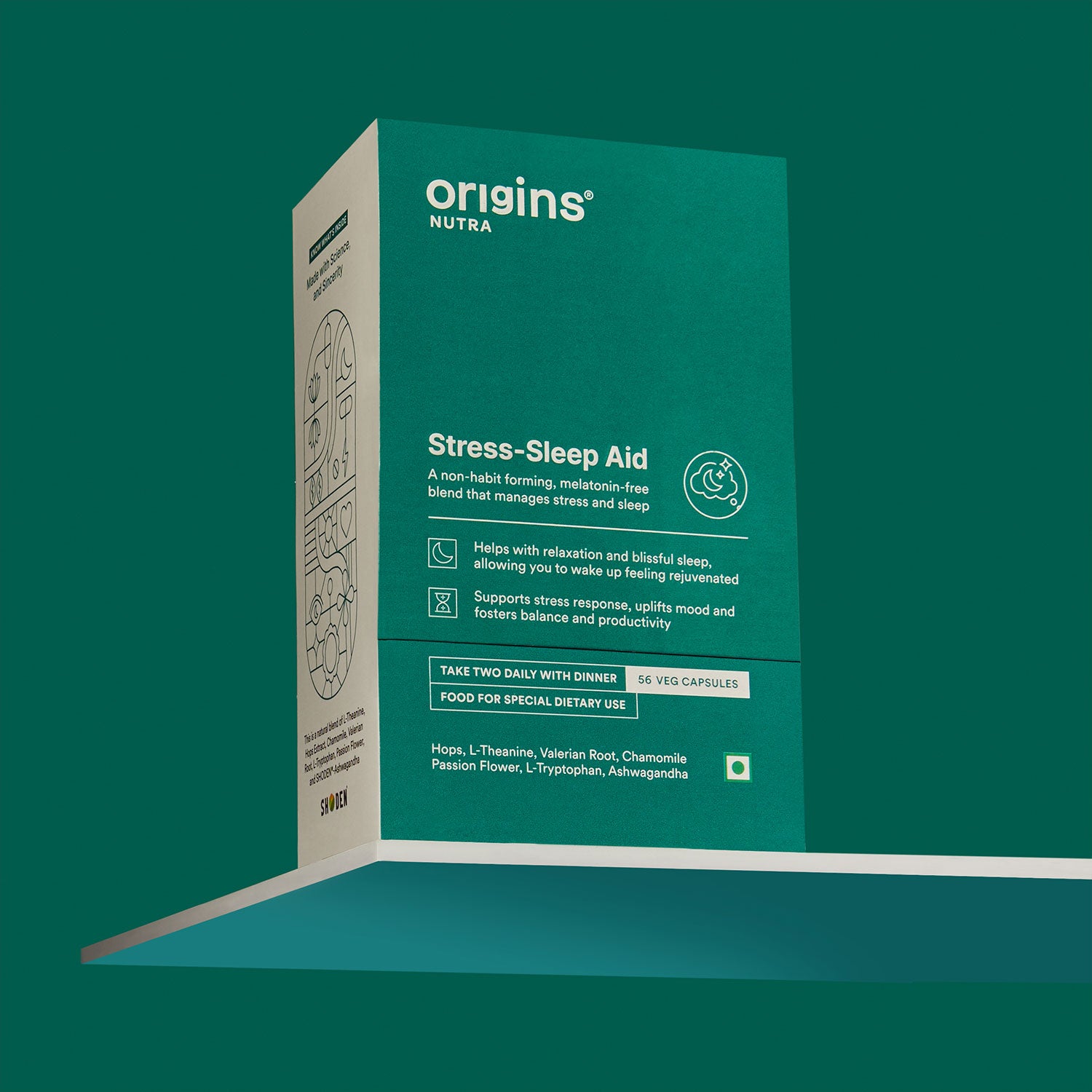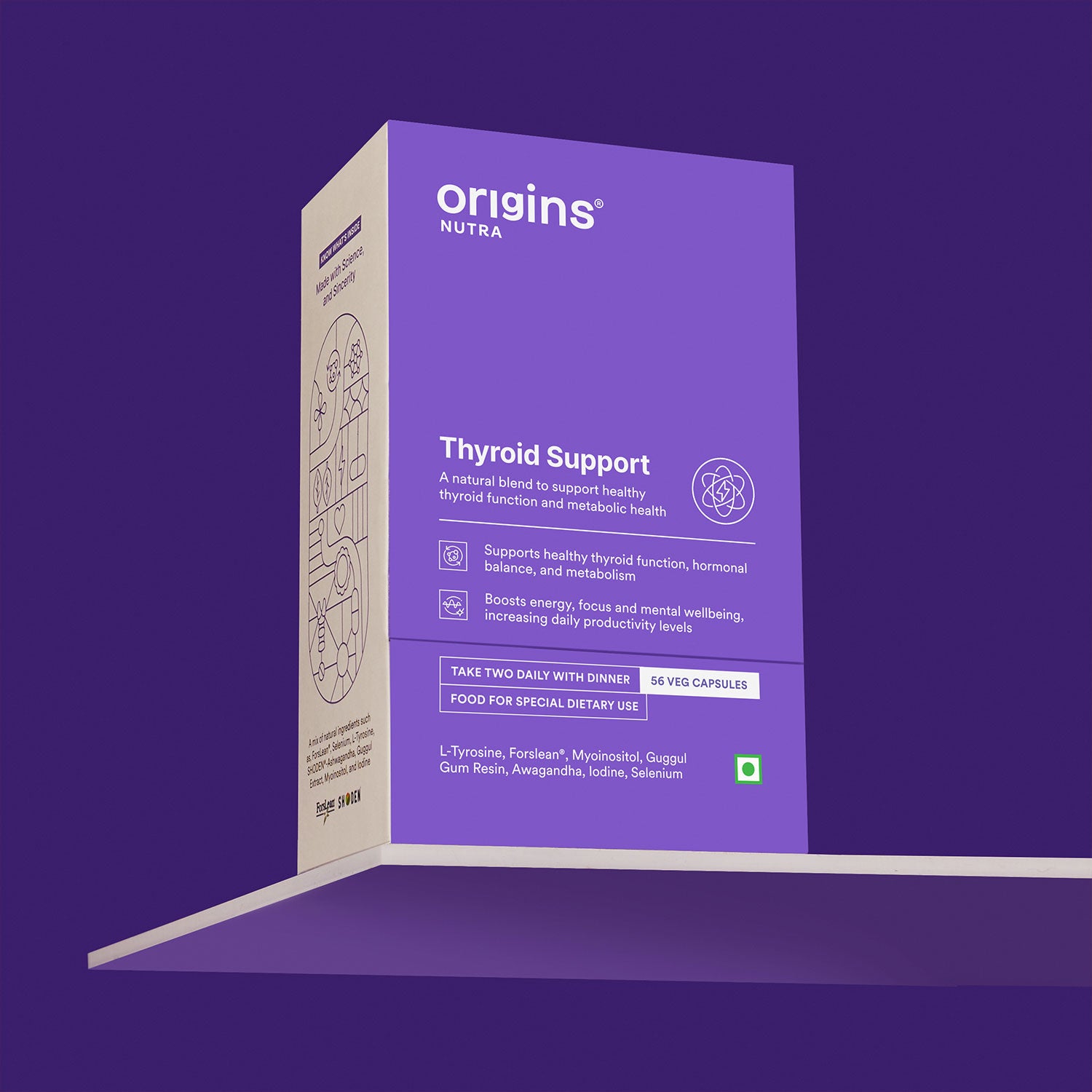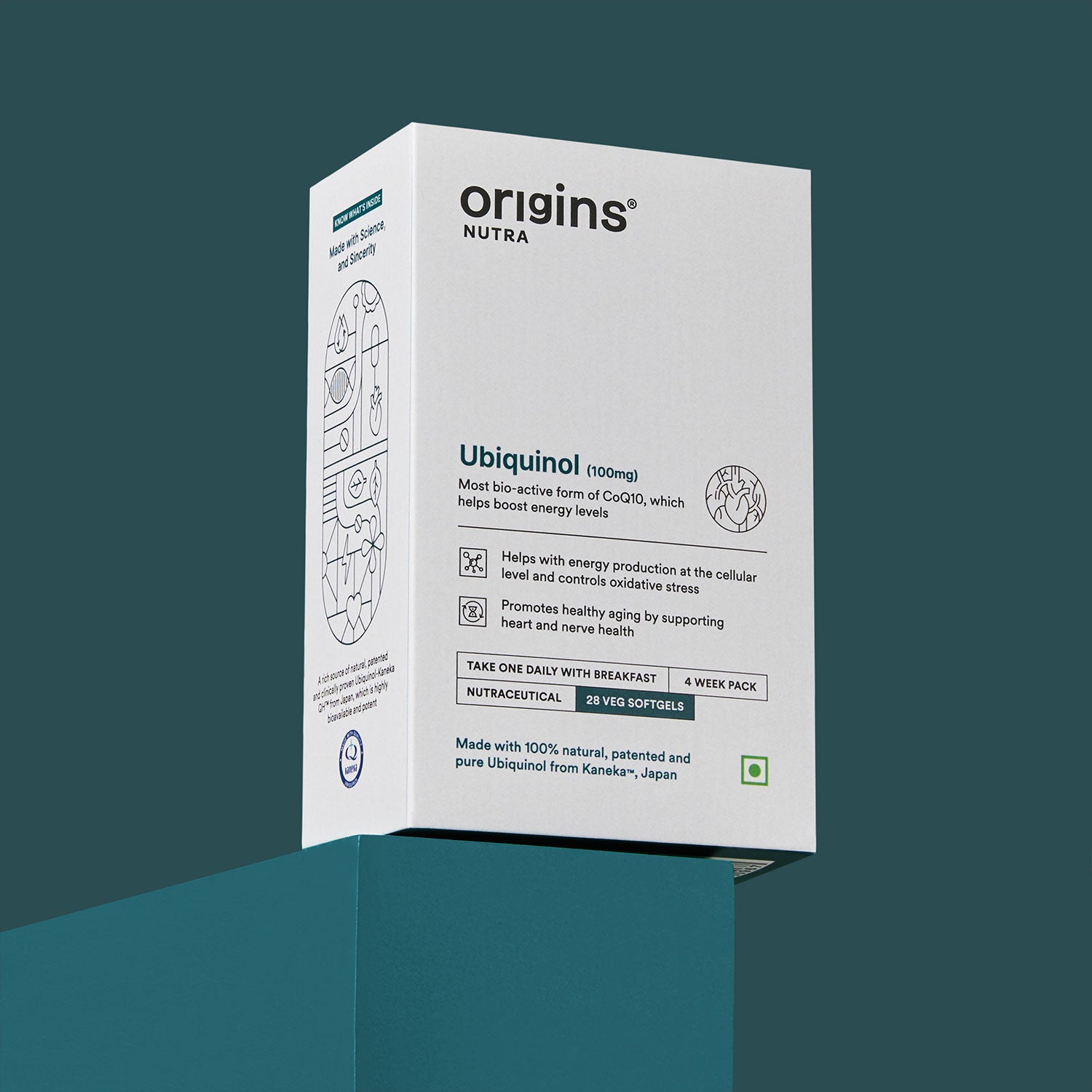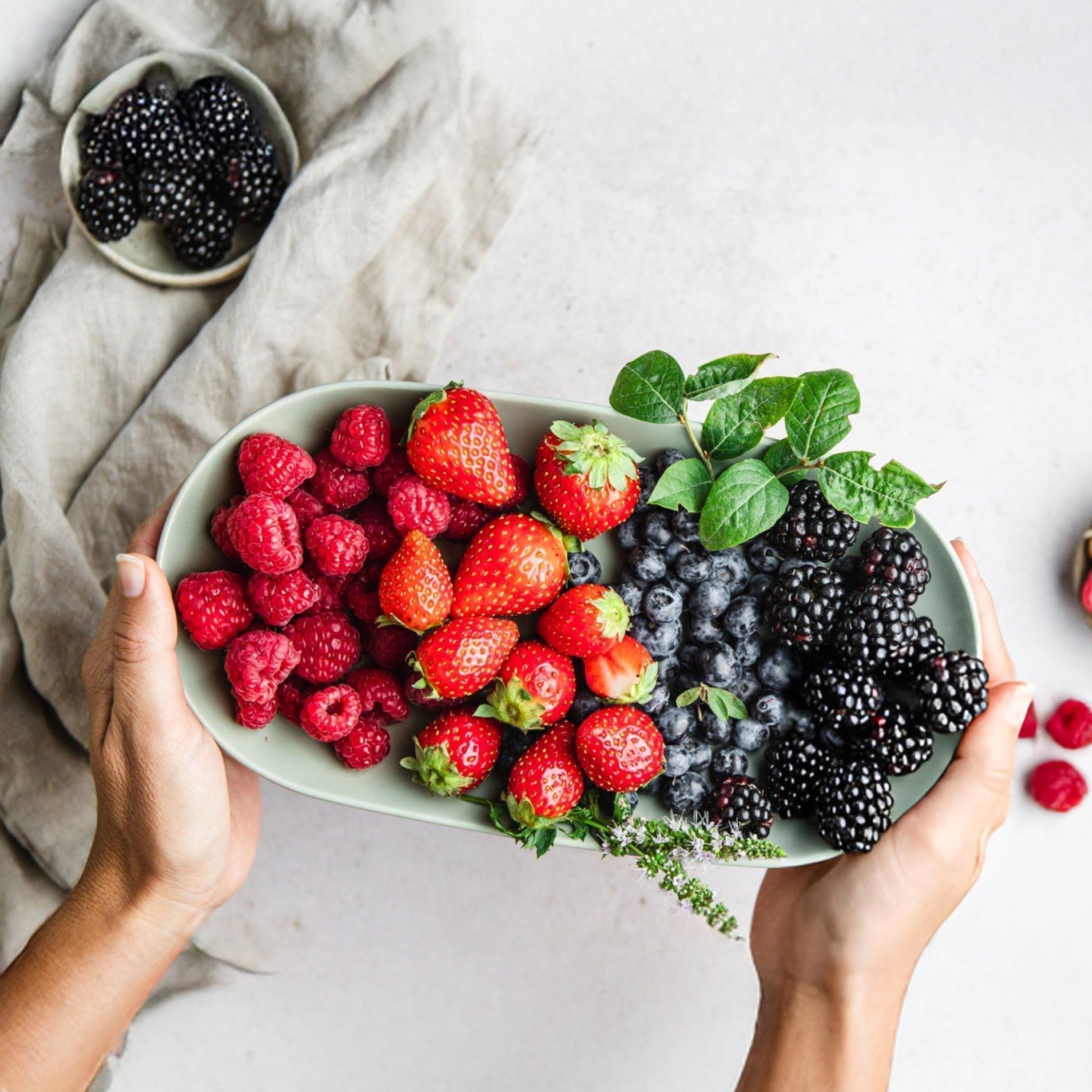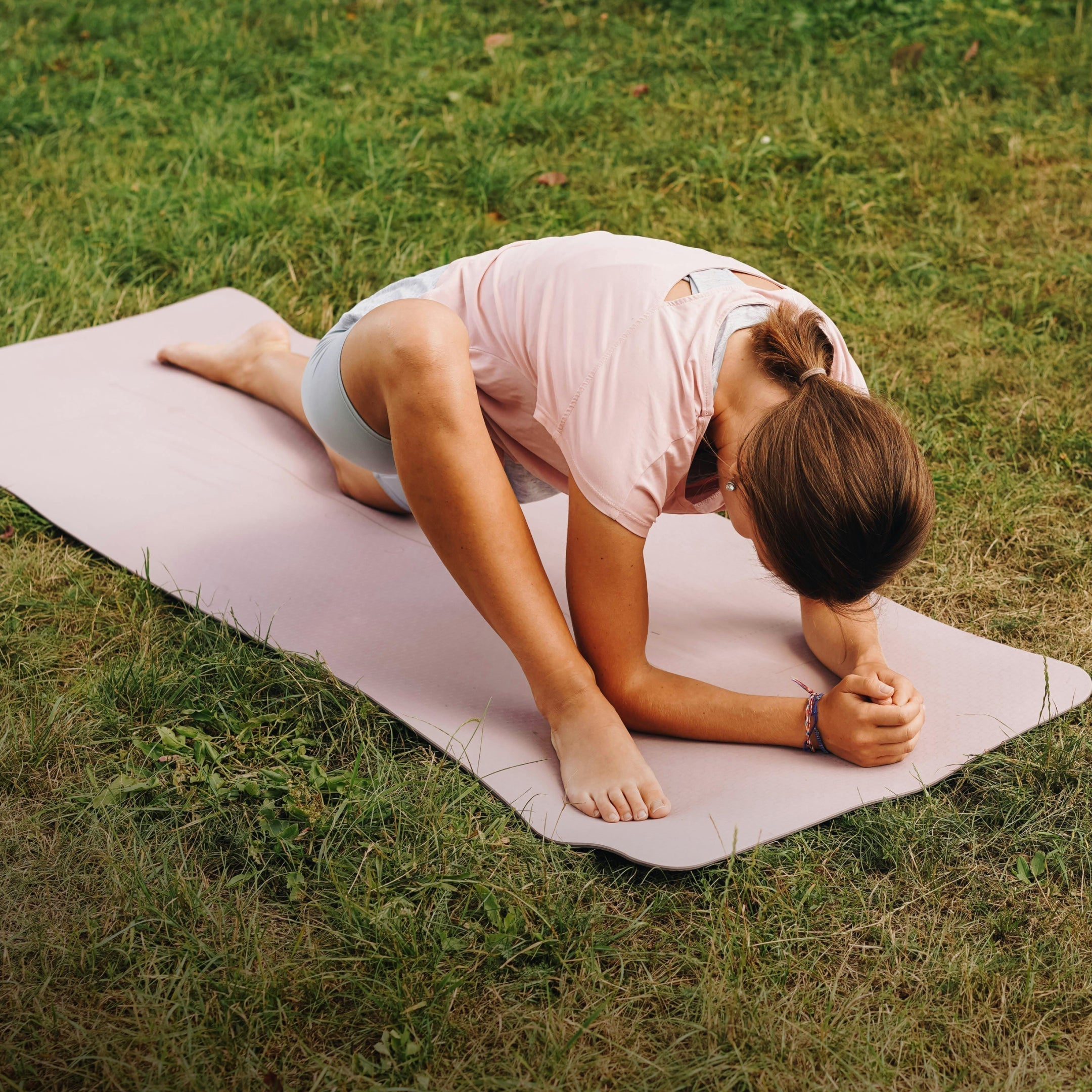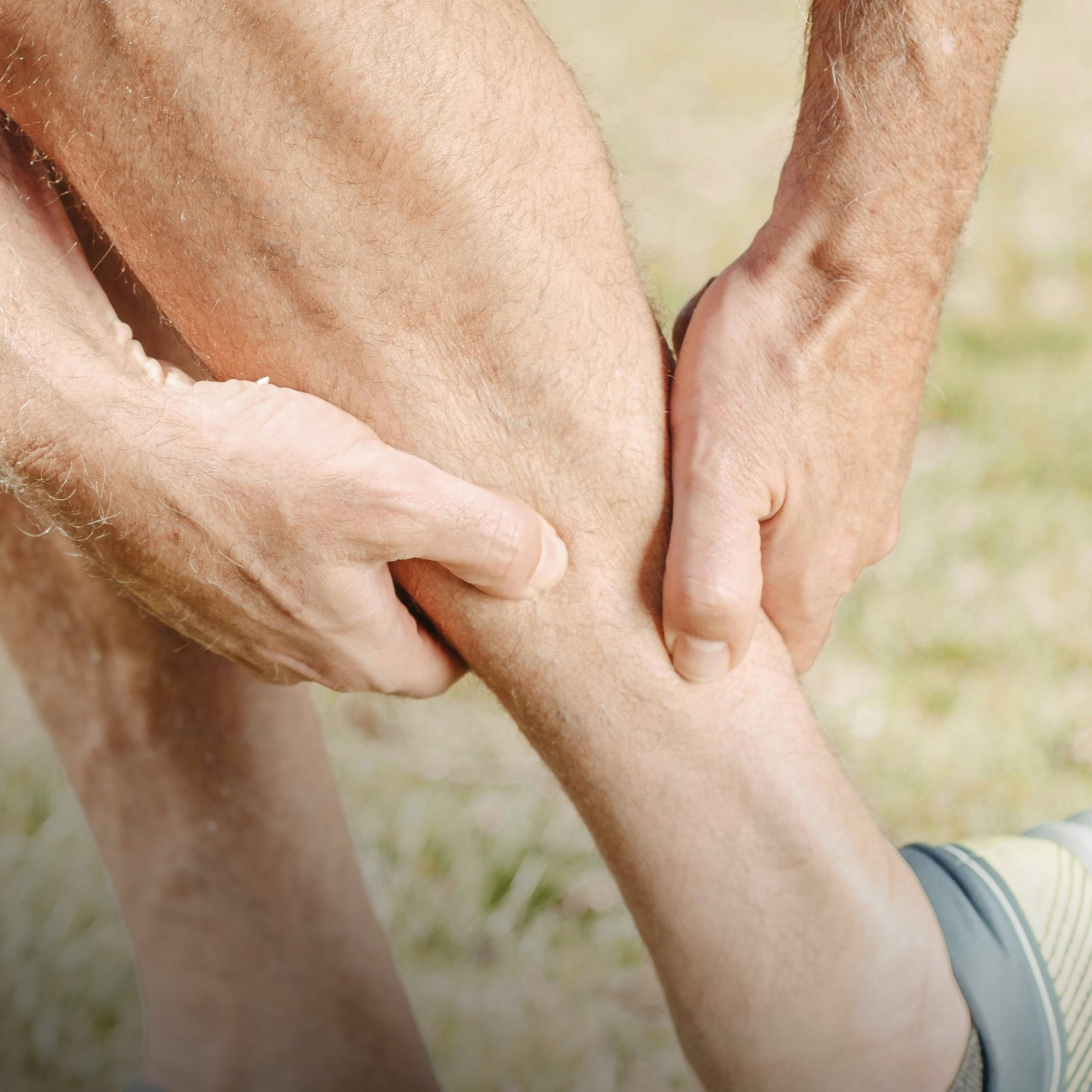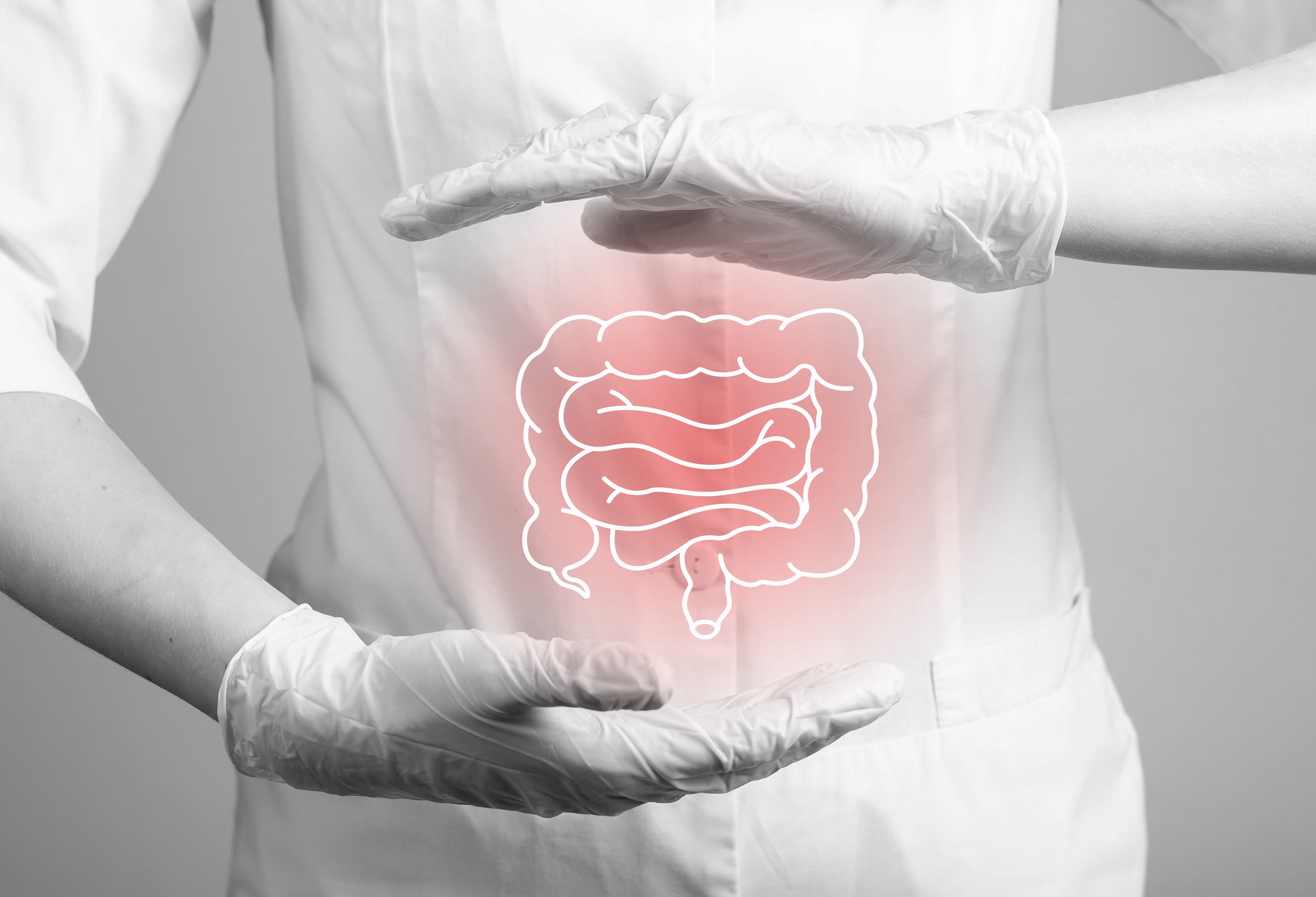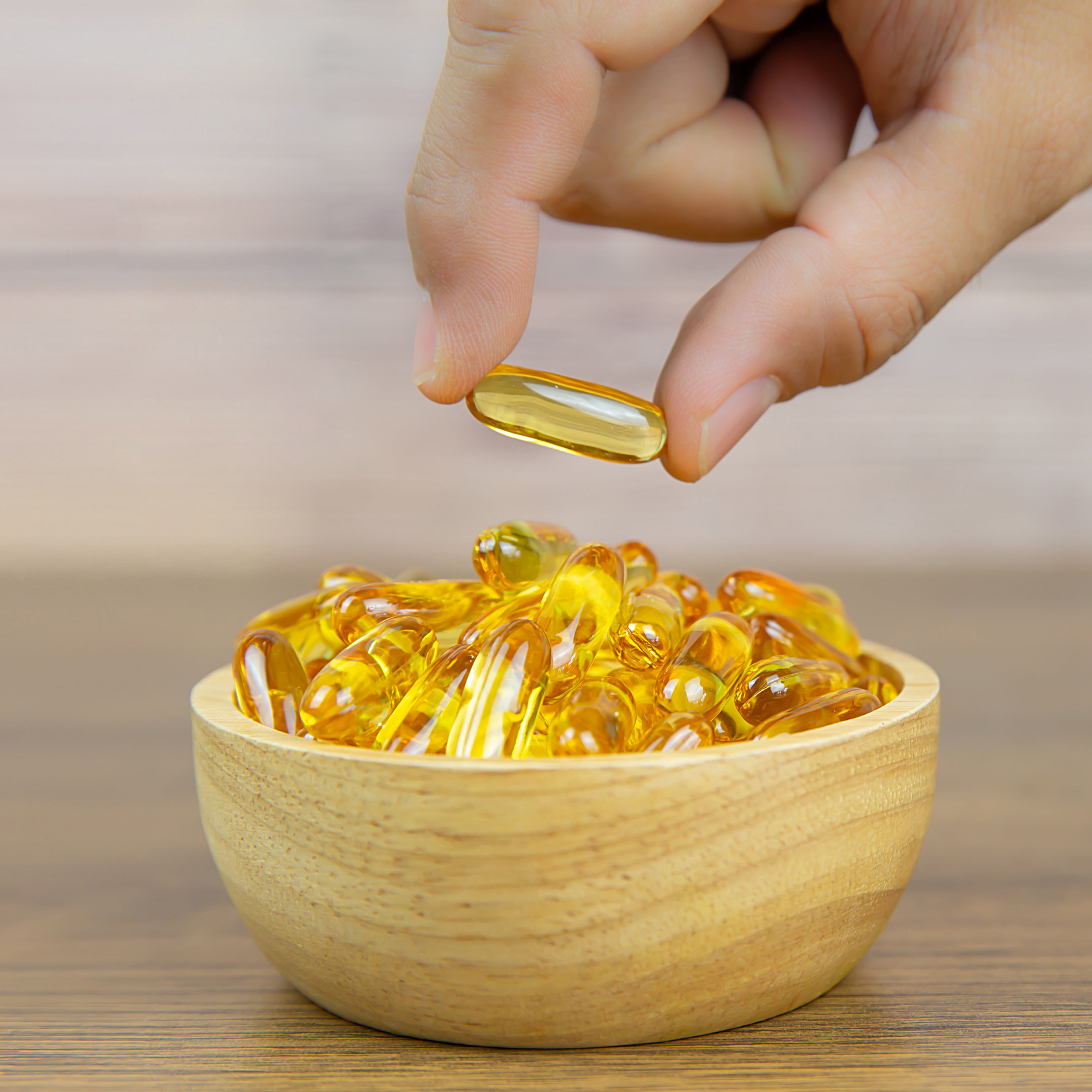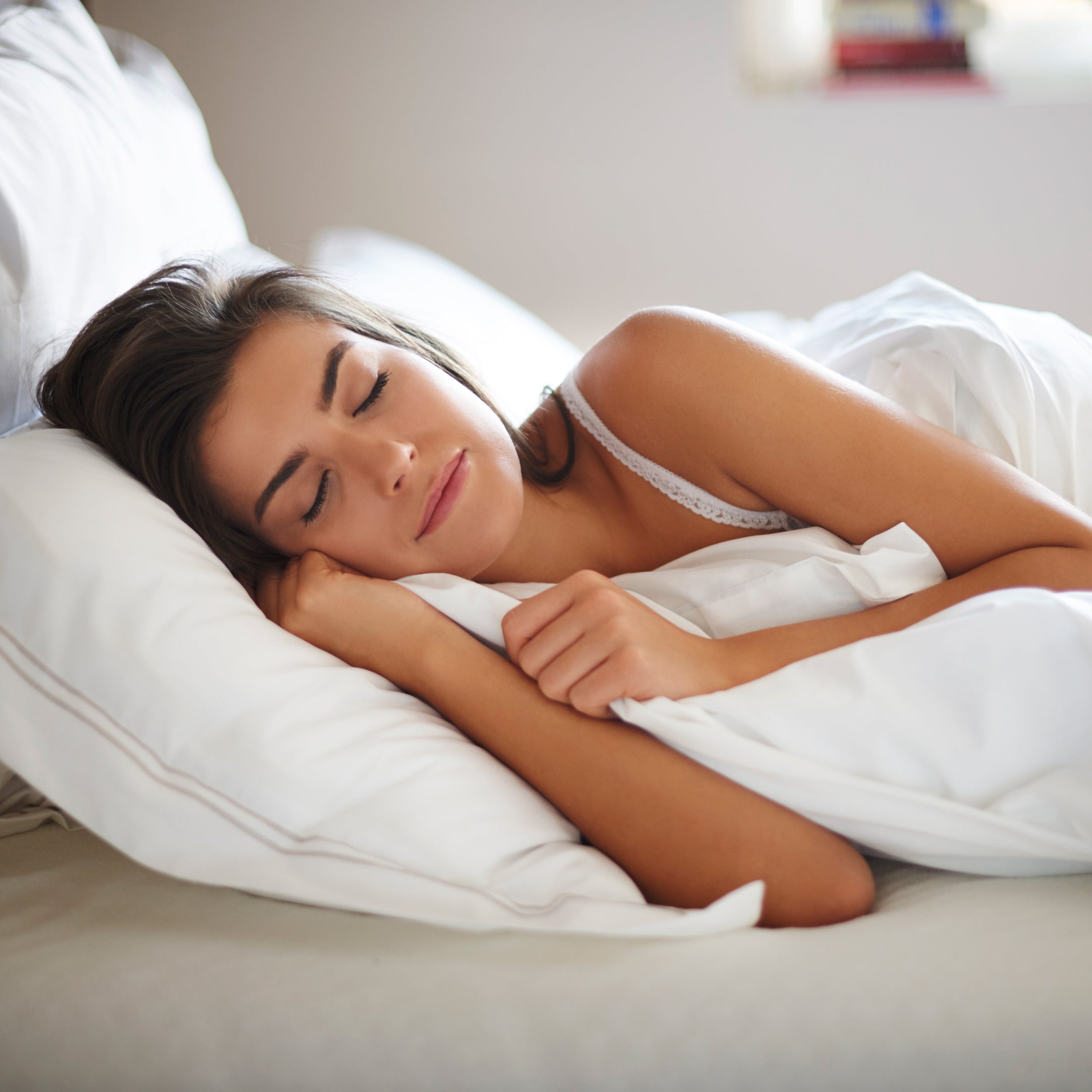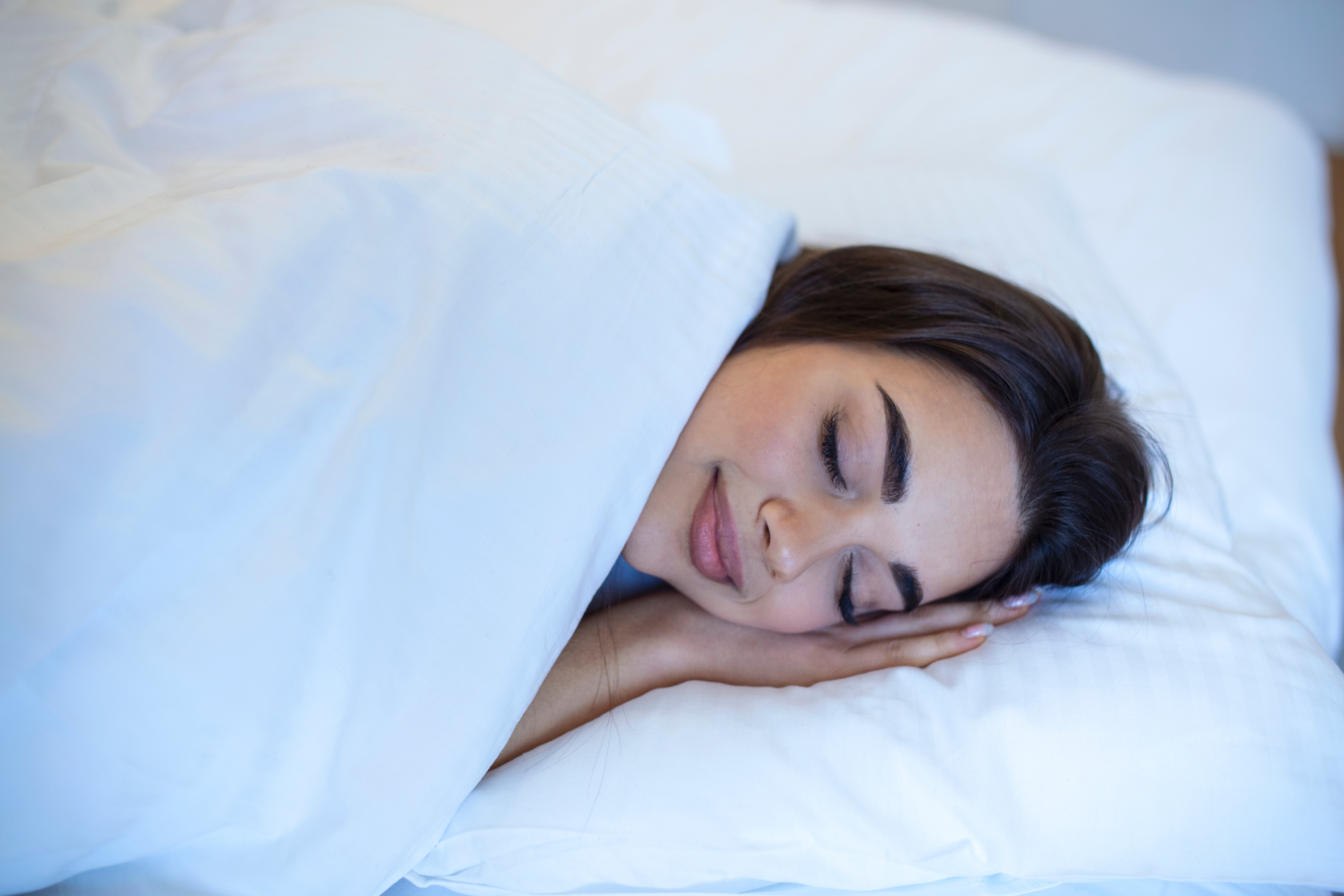8 Easy Tips to Sleep Better

Improving your sleep is essential for both your physical and mental well-being, yet many struggle to consistently achieve quality rest. Sleep hygiene, defined as a set of behavioural and environmental recommendations aimed at promoting healthy sleep, plays a crucial role in this process. The effects of poor sleep can have far-reaching impacts on various aspects of your life. By focusing on your sleep hygiene – the daily habits related to sleep – you can enhance the quality of your sleep.
So, let’s dive into some strategies to help you sleep better. The goal? To help you doze off quicker, stay asleep longer, and wake up feeling totally refreshed. So, let's work together to upgrade our sleep habits and catch those Z's like a pro!
Here are some ways to improve your sleep hygiene:
1. Stick to a schedule: Try going to bed and waking up at the same time every day. It helps your body get into a routine.

2. Deep breathing: Try to get some breathing exercises like pranayam for about 15 to 20 minutes each day. Slow and deep breathing helps in melatonin secretion which not only promotes relaxation, but is an essential sleep-inducing hormone. Just make sure you do it a few hours before bedtime also, so you're not too energised when it's time to hit the hay.

3. Watch what you drink: Caffeine and nicotine in the evening can disrupt your sleep because they block adenosine receptors(promotes sleep) in your brain. So, avoid caffeine and nicotine in the evening, and try not to have any alcoholic drinks right before bed. They can mess with your sleep.

4. Unwind yourself: Before bed, take some time to relax. Maybe try a warm bath, read a book, or do something else that helps you unwind. Research studies say that taking a warm bath 1-2 hours before bedtime, can improve sleep due to the decrease in core body temperature (CBT) that occurs before bedtime.

5. Don't toss and turn: If you're having trouble falling asleep, don't just lie there feeling frustrated. Get up, do something like reading or listening to music, until you start feeling sleepy. Slow music can lower activity in the sympathetic nervous system, reduce anxiety, and potentially improve sleep by promoting muscle relaxation and diverting attention from racing thoughts.

6. Create a cozy sleep space and switch off the devices: Light plays a crucial role in regulating our body clocks and the production of melatonin, a hormone that signals when it's time to sleep. However, the blue light emitted by screens on TVs, computers, and smartphones can disrupt melatonin levels, making it harder to fall asleep. To promote better sleep, consider turning off electronic devices before bedtime and creating a serene atmosphere in your bedroom. Keep the lights dim, minimise noise, and maintain a comfortable temperature. And remember, it's best to keep TVs and computers out of the bedroom altogether!

7. Avoid late dinners: Skipping late-night eating is essential for enhancing sleep quality and ensuring the natural release of hormones like growth hormone and melatonin. However, what you eat during this time matters too. Research suggests that opting for high-carbohydrate meals four hours before bedtime may promote faster sleep onset compared to eating just an hour before bedtime.

8. Food That Can Improve Your Sleep:
- Dairy products, like drinking 150 mL of low-fat milk before bed, are natural sources of tryptophan (an amino acid also acts as a precursor to serotonin, a neurotransmitter that plays a role in regulating mood and sleep)

- Tomatoes, mushrooms, and peppers showed relatively high concentrations of melatonin compared to other vegetables.

- Melatonin was discovered in various nuts such as almonds, walnuts, and pistachios, with pistachios having the highest content.So, having some pistachios with milk before bed could help increase your melatonin levels naturally and improve your sleep.

While melatonin is naturally secreted by the body, some individuals may opt for melatonin supplements to manage sleep problems or jet lag. Factors like ageing, irregular sleep patterns, unhealthy habits, or specific medical conditions can disrupt natural melatonin production, causing difficulty falling or staying asleep. However, excessive consumption of melatonin supplements can potentially disrupt the natural circadian rhythm over time. It's important to note that dependency may not arise directly from taking melatonin supplements but rather from potential habit-forming side effects associated with their use.
Wait, wait! Before you go, if you're searching for a sleep supplement without melatonin that's crafted to enhance relaxation and support better sleep without the worry of dependence, check out Origins Nutra Stress and Sleep Aid. This non-habit forming supplement, combined with a healthy lifestyle and good sleep habits, aids in stress management and encourages natural sleep cycles, leaving you feeling rejuvenated upon waking.

For more information on the ingredients of our Stress and Sleep Aid, please click here.
Reference links:
https://www.ncbi.nlm.nih.gov/pmc/articles/PMC5409706/
https://pubmed.ncbi.nlm.nih.gov/17284739/
https://www.sciencedirect.com/science/article/abs/pii/S1087079218301552
https://pubmed.ncbi.nlm.nih.gov/18426457/
https://www.ncbi.nlm.nih.gov/pmc/articles/PMC8511346/
https://www.csustan.edu/sites/default/files/groups/University%20Honors%20Program/Journals_two/dis_sotogarcializeth.pdf



